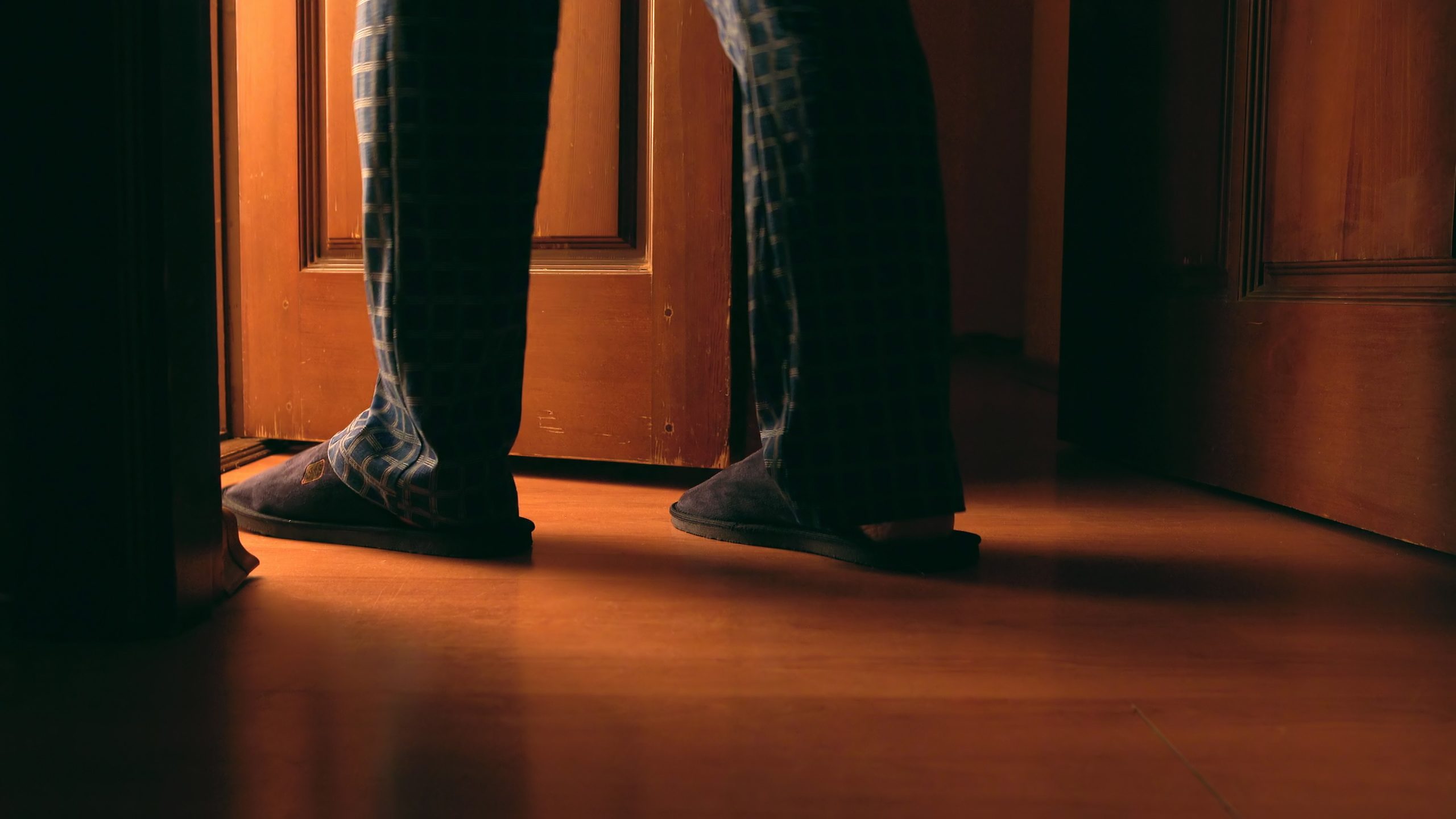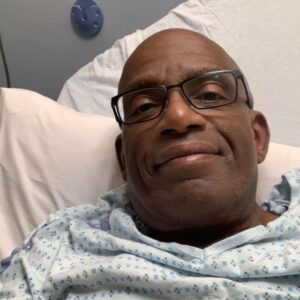Nocturia is a condition in which you need to wake up during the night to urinate. It is a widespread problem that affects people of all ages, but it becomes more prominent as we age. While periodically getting up to urinate is norrmal, frequent midnight urination can disrupt sleep and lower quality of life. Understanding the causes and finding effective solutions are critical to managing the condition.
Understanding the Causes of Frequent Nighttime Urination
Frequent midnight urination can be caused by a variety of factors, including lifestyle habits and underlying medical conditions. Identifying the root reason is critical to effective management. Here, we look at 8 typical reasons why you may be having nocturia.
#1: The Impact of Aging on Bladder Function
As we age, our bodies undergo a variety of changes, including some that impair bladder function. The bladder’s capacity to store pee reduces, as does the secretion of antidiuretic hormone, which helps concentrate urine also decrease. These alterations can cause increased urine frequency, particularly at night.
#2: The Role of Diet and Fluid Intake
What you eat and drink can have a major impact on your evening urination habits. Drinking a lot of fluids, particularly caffeinated or alcoholic beverages, close to bedtime might increase urine production. Furthermore, certain foods, such as spicy or acidic ones, might irritate the bladder and cause nocturia.
#3: Medical Conditions Contributing to Nocturia
Several medical conditions might cause excessive nighttime urine. These include diabetes, congestive heart failure, and urinary tract infections. Each of these medical conditions has a unique effect on the body’s fluid balance or bladder function, needing a distinct treatment.
#4: Medications and Their Side Effects
Certain medications, such as diuretics, are intended to increase urine flow and can result in nocturia as a side effect. Other drugs may indirectly lead to nighttime urination by altering sleep patterns or increasing thirst.
#5: The Influence of Lifestyle and Habits
Lifestyle decisions, such as smoking or a lack of physical activity, can also cause nocturia. Smoking irritates the bladder, and a sedentary lifestyle can lead to fluid retention, both of which can cause midnight urination.

#6: Hormonal Changes and Their Effects
Hormonal variations, particularly in women going through menopause, can impair bladder function and contribute to nocturia. A reduction in estrogen levels can weaken the pelvic floor muscles, making it difficult to control urine.
#7: The Connection Between Sleep Disorders and Nocturia
Sleep problems, such as sleep apnea, can cause nocturia. The frequent awakenings caused by these diseases may heighten awareness of the desire to urinate, even if the bladder is not full.
#8: How Stress and Anxiety Affect Urination Patterns
Stress and worry can significantly affect the body’s physiological systems, including urine. The body’s fight-or-flight response can boost pee production, resulting in more frequent midnight treks to the restroom.
Diagnostic Approaches to Identify Underlying Issues
To properly treat nocturia, it is necessary to determine the underlying reason. This may include a medical history review, physical examination, urine testing, and imaging studies. A healthcare provider can assist in determining the most appropriate diagnostic approach.
Effective Lifestyle Modifications and Home Remedies
Simple lifestyle modifications can often help with nocturia. These include limiting fluid consumption in the evenings, minimizing bladder irritants, and performing pelvic floor exercises. Furthermore, elevating the legs during the day can assist prevent fluid retention.
Medical Treatments and Interventions
When lifestyle changes are insufficient, medical interventions may be required. These may include drugs that lower urine production or treat underlying problems. In some circumstances, surgical procedures may be explored to address anatomical abnormalities that impair bladder function.
When to Seek Professional Medical Advice
If nocturia has a substantial impact on your sleep or quality of life, you should seek medical attention. Persistent nocturia can indicate an underlying health problem that requires professional diagnosis and treatment.
Conclusion: Managing Nocturia for Better Sleep
Nocturia can be a troublesome and frustrating illness, but with the correct treatment, it can be efficiently managed. Individuals can improve their sleep quality and overall well-being by learning about the various causes and investigating both lifestyle and medicinal options.





